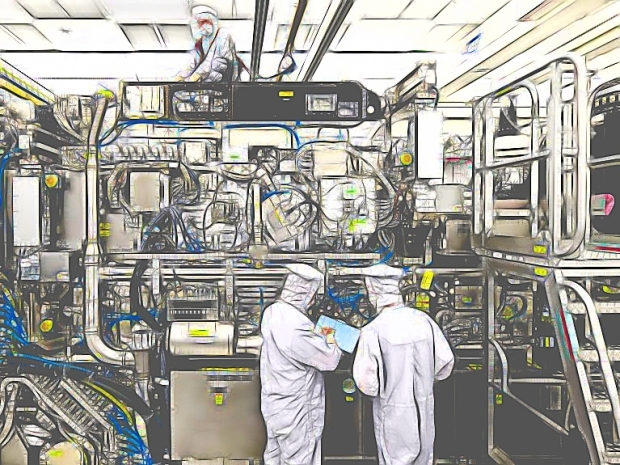The company said net profit decreased 24.9 per cent on-year in July-September to $6.5 billion, while revenue fell 11 per cent.
Chief executive CC Wei said that AI demand continues to grow stronger, and his company had the capacity to support the demand.
"We are working hard to increase the capacity to meet [further] demand."
Demand for high-performing chips has been robust, with companies building the hardware needed for AI to flourish in the wake of the successful launch of ChatGPT.
He warned that the chip industry faces uncertainty from high inflation and sluggish global economic growth partly caused by geopolitical tensions.
The United States said it was tightening curbs on exports of state-of-the-art AI chips to China.
The new rules beefed up measures taken a year ago that banned the sale to China of microchips that are crucial to the manufacturing of powerful AI systems.
Replying to a question on the impact of the new export curbs, Wei said the company was still doing an assessment.
"So far we can tell you that the impact to TSMC is limited and manageable, at least for the short term."




